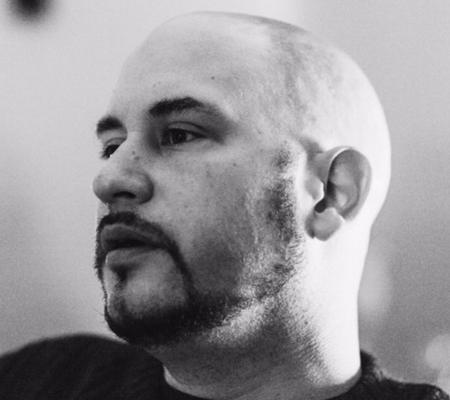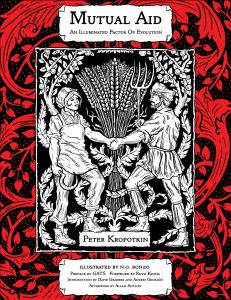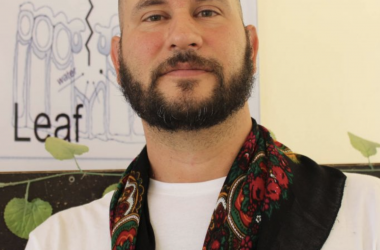By
Originally posted on Counterpunch
February 15th, 2021
This is a response to the article “What Happened to the Anarchist Century?”
Thanks, Gabriel. It is a bittersweet opportunity to revisit this article.
We wanted to make two broad arguments.
First, that history of anarchism unfolded in two periods: before 1917 (for David; before 1936 in my estimation), and after 1989 (for David; after 1968 in my opinion). In both of these moments anarchism was the dominant revolutionary tendency and insurgent common sense of the age.
In my view, it coincided with larger global economic processes, or two different periods of “globalization”: the end of the 19th century and the end of the 20th century; in David’s, it coincided with the end of the world wars.
Second, the anarchists of the new revolutionary century are different then the immigrant working-class anarchists of the revolutionary syndicalist days. The new anarchists were not members of the anarchist unions or even formal anarchist organizations. New forms of anarchist organizations were being invented (student affinity groups, antiglobalization networks/summits in the 1990s, and later the global mass assembly movement of 2011). The insurgent common sense of radical politics included all the elements you mentioned: anti-statism, mutual aid, rejection of bureaucratic socialism.
Our essay suffered much misunderstanding. The classical anarchists, the traditionalists, read it as a call to arms. They were very upset. The small-a anarchists (I think this essay was the first time we used that term) read it as a ringing endorsement of what you call movementist practices. More sensitive types read it as our anarchist attempt to “colonize” the movements in Argentina or Chiapas. We never intended to do either of those things. What we wanted to do is to offer one view of the revolutionary world at that point in time. We certainly were not against vision and theory.
I am not so convinced about the distinction you make. There is a reason why David and myself spent the last ten years organizing with the Kurdish Freedom movement (all the while with Wobbly membership cards in our pockets). Anarchism is an insurgent contemporary common sense, much to the dismay of the ecological and non-ecological Leninists, So much so, in fact, that even the former Maoist guerrilla from Kurdish mountains felt compelled to “discover” anarchist politics. I have been a witness to the internal transformation of this movement. It is a real and sincere internal struggle. It is not a strategic maneuver. When I went to Rojava, I was astounded. The libertarianism of the Kurds is not for the show.
This is what we wanted to say, I think, more than anything else: the revolutionary potential is not hidden in the general intellect of computer workers or Negrian cognitive capitalism (we wrote this after Empire was published) but in these improvised spaces at the edges of capitalism. However, these spaces are not exotically pristine but in active communication with the movements and struggles in the north. Anarchist practices are reinvented in this process of circulation and translation.
I am not sure how much of this could be read in the essay. But this is what our thinking was at that time. I don’t think that we were completely wrong.




